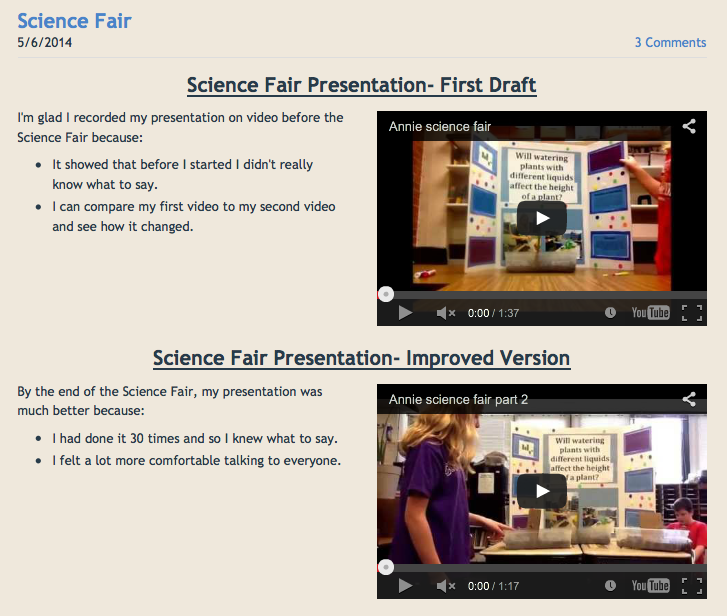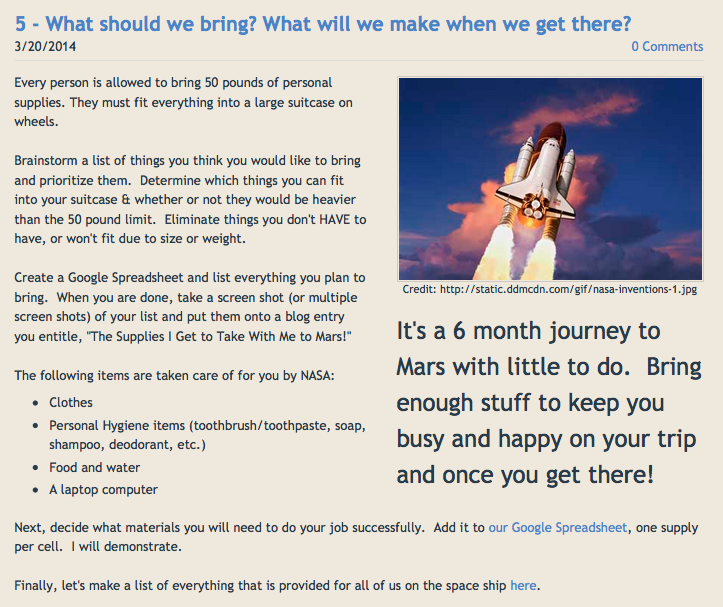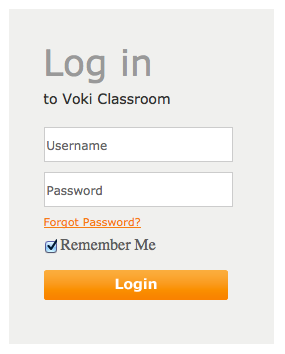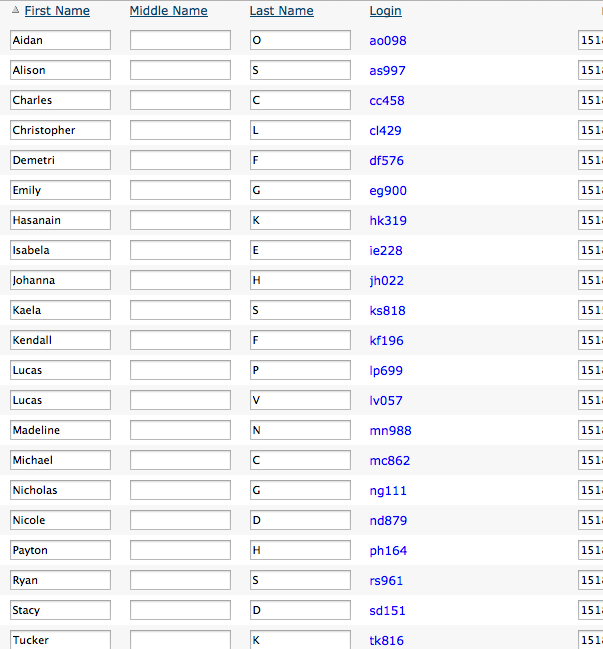- Overall, I think that the Science Fair was a valuable experience because...
- I definitely made some mistakes along the way, but I learned from them. Here are some examples...
- If I were given the chance to do anything differently, I would...
|
Follow the example below to create your own - please don't copy her answers, though! :) Questions:
0 Comments
1. Describe your experience.
2. Did your student leave our room feeling good about him/herself? How do you know? 3. What will you do differently when we meet Mrs. Arce's class? Today, we are going to Skype with an author who has written a fantastic book called, "What's Under Your Cape?" In this book, she helps children discover their strengths and super powers!
In a week or two, we're going to work with some kindergartners and first graders to help them discover their super powers (gifts, talents, strengths). We're going to find out which good character traits they have, teach them about Marble Theory, and help build their self-esteem so they can be confident and happy (which usually means that they'll treat others with kindness)! Check out our list of character traits here. These are some ways that we can show good character in our interactions with others. Learn about them so you can identify these traits in your primary student! Write some questions that help you get to know your mentee. Also, write a few notes about some stories you might tell to help your mentee feel better about themself. Reflection:
2. What were you most surprised to learn about? 3. Teach me about our liver. What are some of its purposes?
2. What are some concepts that you learned about the human body during this unit that you think are important (not just interesting)? 3. What was the most challenging part of writing your Human Body Research Paper? Why? 4. What aspect of the Human Body Research Paper are you most proud of? Why? Lesson 5 in the Teacher's Manual.
Vocabulary: - iris: the colored part of the eye. - pupil: the dark circle in the center of the eye. The pupil is an opening that lets light enter the eye. - reflex: a quick, unplanned response. Discussion: Reflexes are our bodies' built in actions that happen quickly without having to think about them. They are important because they can keep us out of trouble and prevent us from harm. Resources:
Pupil dilation is a common reflex. Investigation: The Blink Reflex is an attempt to protect our eyes from things that might damage them. Sign in to http://sd25.sciencecompanionprime.com with your d25 sign-on and your 151 _ _ _ _ password. Complete the experiment found here: http://sd25.sciencecompanionprime.com/tutti/content/activity/launchViewer.svc?activityId=2B92F1BADDD742F7BFA4F98F926F2A89&reviewUserId=&getUserData=1&doSave=1&readOnly=0 Use an iPad to take a very short video of this activity. Upload it to YouTube. Embed it on this blog entry. Take screen shots of all of the questions and answers & put them on a blog entry entitled, "Moving Quickly to Prevent Harm." Please put "Lightbox" on each. Then answer these questions as well: 1. Can you feel it when your pupils dilate? 2. Do you have any control over your pupils when they dilate? 3. What do we call this when a reflex happens without our control? 4. Why do our pupils get bigger in the dark and smaller in the light? 5. How does this reflex protect our eyes? Lesson 4 - Nervous System
Sign in to http://sd25.sciencecompanionprime.com with your d25 sign-on and your 151 _ _ _ _ password. After you sign in, please follow these directions to do today's first activity: http://sd25.sciencecompanionprime.com/tutti/content/activity/launchViewer.svc?activityId=84D3FF2491CF48168431F4E71C8F3282&reviewUserId=&getUserData=1&doSave=1&readOnly=0 Remember to follow the directions, complete the activities & questions online, take screen shots, and create your blog entry. You will need to read the pages in your SRB. Activity: Purpose: Develop and test different strategies that use only one sense at a time---sight, hearing, or touch---to catch a dropped ruler. Materials: One ruler Procedure:
Answer these questions in your blog entry:
Now that you have played Money Island for the past couple weeks, it's time to reflect on what we've learned.
Please create a new blog entry entitled, "Money Island - Financial Literacy."
video games to learn concepts? (Two or more sentences) 2. Pretend that our school district is banning Money Island from the curriculum. Using strong examples of what you've learned, politely fight to keep this program around! (What have you learned from Money Island?) Write a persuasive/argumentative essay that can convince them to keep it around. Organize your thoughts before you start writing. It should follow the same format as our Human Body Research Papers. (3-4 paragraphs) Click here for the details: http://psolarz.weebly.com/colonize-mars1/5-what-should-we-bring-what-will-we-make-when-we-get-there
Once you log in to Voki, you will see an assignment you've been given. Follow the directions to complete the assignment. Once you've completed your Voki, save it for me to review. Then let me know to review it and I will approve it or give you feedback to improve it. Once you are approved, follow these directions to embed it on your ePortfolio, in the top right corner of your page. You will also need to revise the "Author" section by typing in your persona's name and telling us what your profession is and what your thoughts are about going to Mars. |
Robert Gagne
I am Robert Gagne, a psychologist from Montreal, Quebec, Canada. I am excited to colonize Mars, but worried as well. With any luck, we will create the first successful Martian colony and help save humanity from over- Archives
April 2015
Categories |





 RSS Feed
RSS Feed
